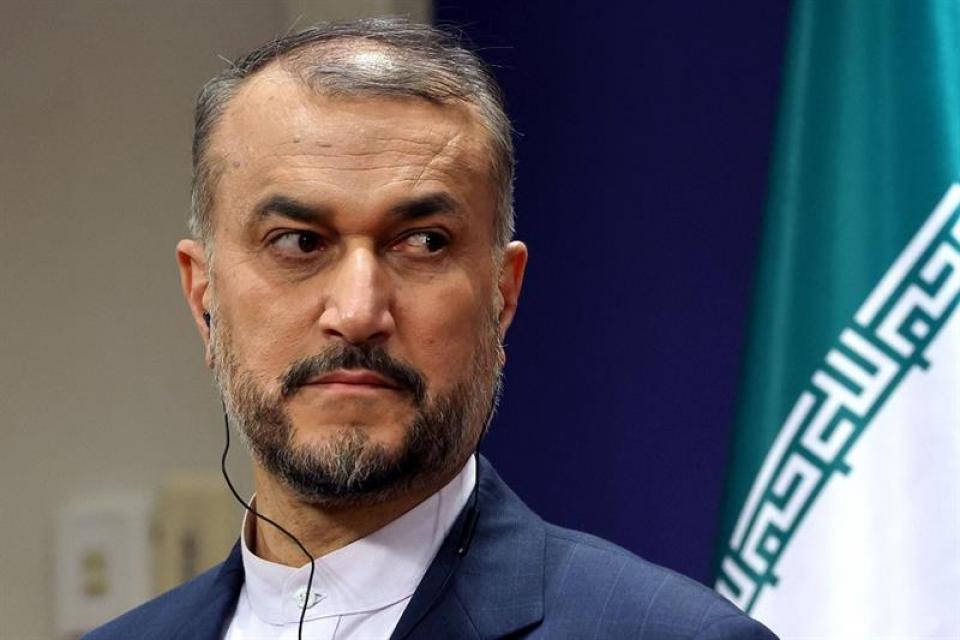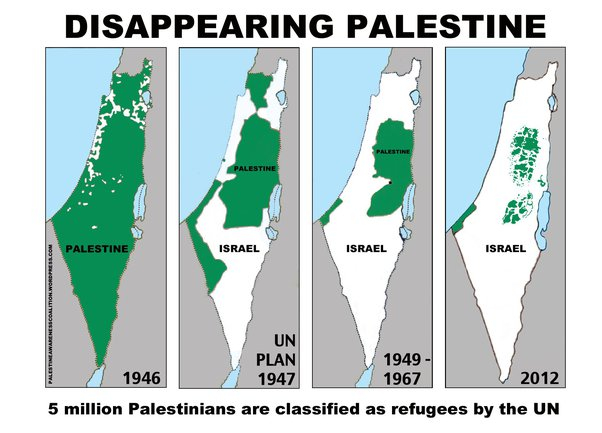Iran's Foreign Minister, Hossein Amir-Abdollahian, conveyed to his German counterpart, Annalena Baerbock, that "legitimate defense with the aim of punishing the aggressor is a necessity" following Israel's airstrike on the Iranian consular section in Damascus on April 1.
During their phone conversation, Amir-Abdollahian criticized Germany's neutrality regarding Israel's actions in the Gaza Strip, emphasizing the need for a clear condemnation of the Israeli genocide. He pledged retaliation for the Israeli airstrike that killed seven Iranian military advisors at the diplomatic annex in Syria's capital.
Amir-Abdollahian underscored that Iran's foreign policy is rooted in dialogue and tension avoidance. He expressed Iran's expectation for Germany to unequivocally denounce Israel's actions and questioned whether the reaction would be the same if a similar attack had occurred in Ukraine.
Addressing Baerbock's call for a ceasefire in Gaza, Amir-Abdollahian attributed the lack of progress to Germany's perceived lack of neutrality in the conflict. He emphasized Palestine's right to legitimate defense and called for an end to the genocide and war crimes in Gaza as the only solution to current problems.
Amir-Abdollahian welcomed the resolution of misunderstandings on human rights between Tehran and Berlin. He urged Germany to refrain from baseless accusations against Iran and to advocate for the rights of women and children in Gaza.
Baerbock, in her conversation with the Iranian counterpart, emphasized the need for restraint in the Middle East to avoid further escalation. She also conveyed Germany's position on diplomatic immunity and its efforts to end the Gaza conflict through political means.
In response, Iran reiterated its commitment to peace during the Eid al-Fitr festival. However, it called on Germany to take a firmer stance against Israeli aggression and ensure diplomatic immunity for all consular sections.

















